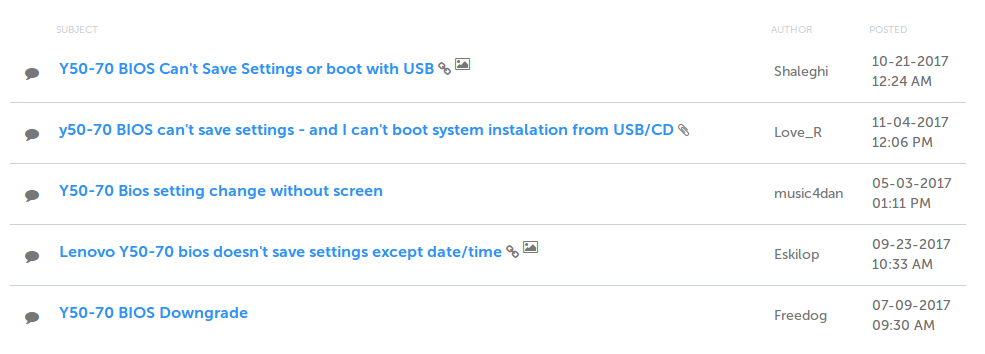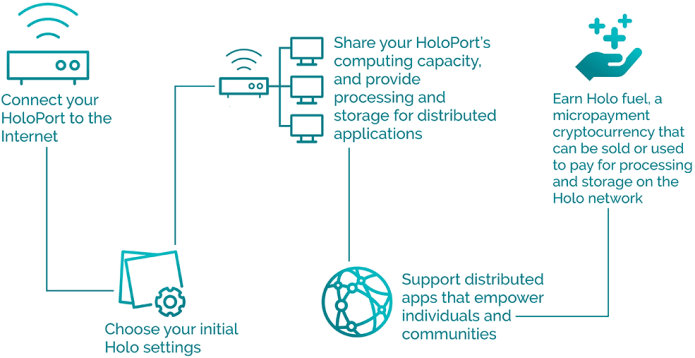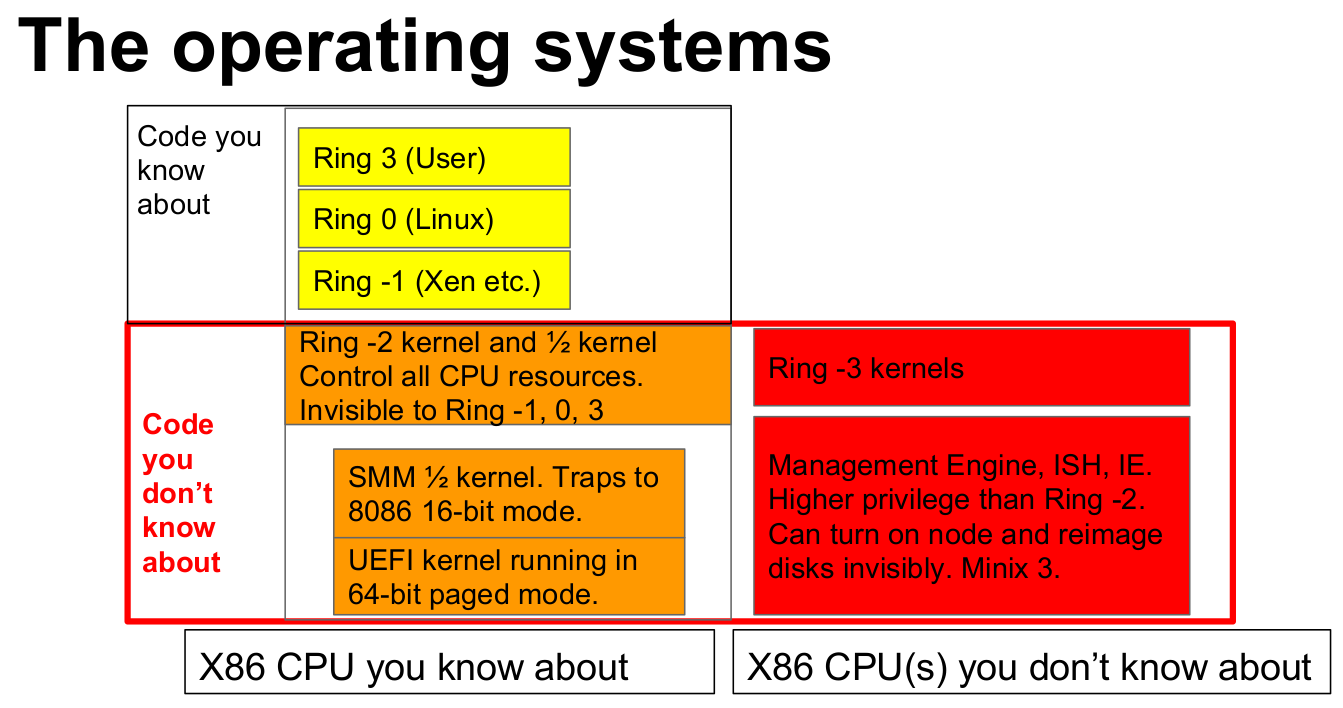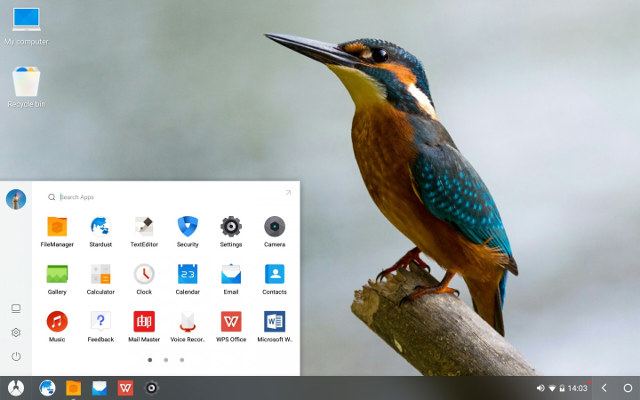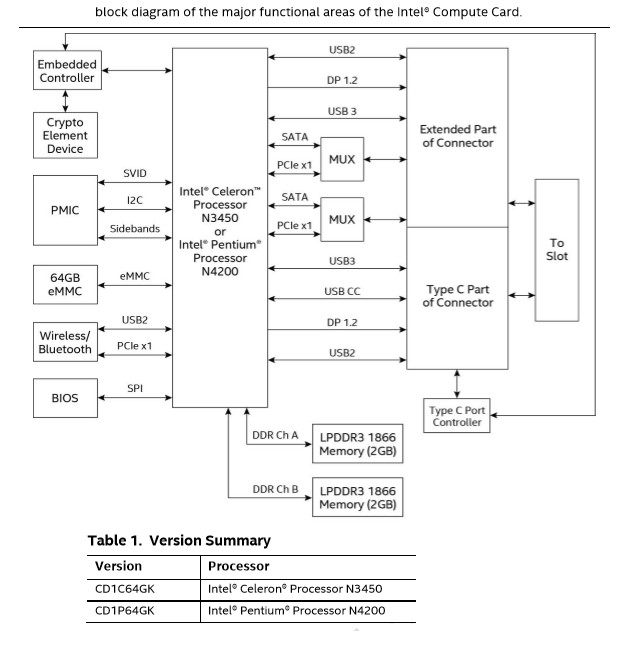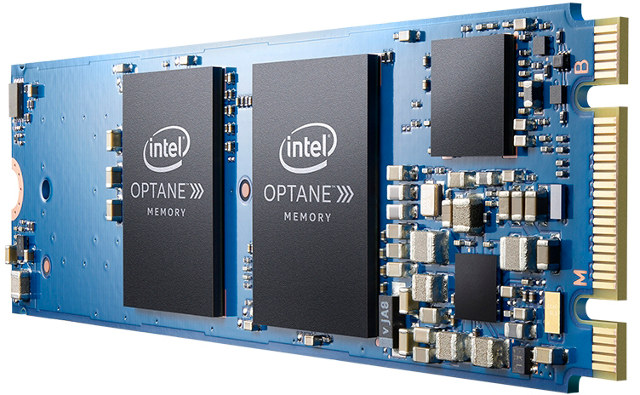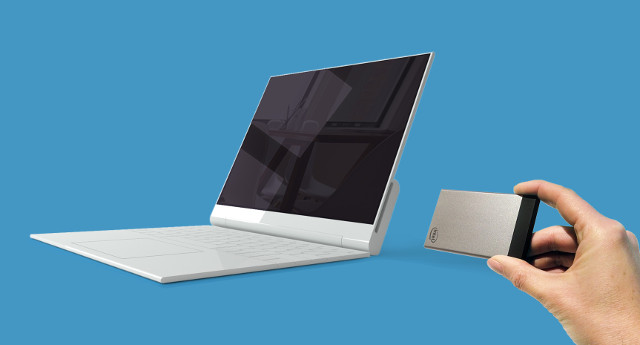Canonical has decided to temporarily remove the download link to Ubuntu 17.10 due leaving a notice reading: The download of Ubuntu 17.10 is currently discouraged due to an issue on certain Lenovo laptops. Once fixed this download will be enabled again. The issue that many user are reported being unable to save BIOS settings or boot with USB in several Lenovo Laptops with many topics about this issue on Lenovo Forums. The installed operating system still boots normally, so many affected people may not have even noticed. Based on the bug report it seems to be related to the enablement of intel-spi-* drivers (Intel Serial Flash drive) in the kernel (CONFIG_SPI_INTEL_SPI_PCI option), and this could also affect Ubuntu 16.04 with HWE kernels. The fix is to disable the driver in the kernel, and Canonical will soon release images. The downside of not using the driver are likely null or minimal, […]
Holo P2P Distributed Hosting is Powered by Holochain Technology, Leverages Holo Fuel Cryptocurrency (Crowdfunding)
The Internet is now mostly centralized, for example most people search with Google, and Facebook dominates the social media space in many countries. That also means access to content can easily be blocked by governments, and many companies will use your personal data to their benefits. Holo network promises to “take back the Internet” thanks to a P2P distributed web hosting system, where people hosts app from developers in their HoloPort devices, and get paid for hosting crypto apps in Holo Fuel cryptocurrency that can in turn be used to pay for processing power and/or storage on the network, or converted into other cryptocurrencies like Bitcoin, or fiat money (Dollars, Euros…). It’s like a new Internet that uses the current “pipes” (i.e. you’d still need Internet through your ISP), but all content would have to be created from the ground up. It basically aims to replace datacenters, websites, and app […]
MINIX based Intel Management Engine Firmware & UEFI are Closed Source & Insecure, NERF to the Rescue!
You may have heard a few things about Intel Management Engine in recent months, especially as security issues have been found, the firmware is not easily upgradeable, and the EFF deemed it a security hazard asking Intel for ways to disable it. In recent days, I’ve seen several media reports about the Management Engine being based on an Intel Quark x86-based 32-bit CPU running MINIX open-source operating system. Keep in mind, there’s nothing nefarious about MINIX, it’s just that Intel keeps its own developments on top closed. One of sources for the information is a blog post explaining how to disable Intel ME 11, but ZDNET also points to one of the talks at the Embedded Linux Conference Europe 2017 entitled “Replace Your Exploit-Ridden Firmware with Linux” by Ronald Minnich, Google which explains the problem, and proposes a solution to (almost) disable Intel’s ME, and replace UEFI by a small […]
Phoenix OS 2.1 Android 7.1 based Desktop OS Released for 32-bit and 64-bit x86 Platforms
With Jide’s announcement that they’d stop working on Remix OS for the consumer market, focusing on the enterprise market instead, people who like to use Android as a desktop OS lost an option. Luckily, others have not given up on the concept yet, and Phoenix OS 2.1 based on Android 7.1 with desktop improvements has just been released for computers based on Intel/AMD 32-bit and 64-bit x86 processors. Phoemix OS user interface is a mix between Windows desktop with a desktop, a taskbar, and a start menu, and Android with notifications, and Back/Home/Recent buttons. The OS also supports Android apps, multi-window, window resizing, better multi-tasking, and so on. Changelog for Phoenix OS 2.1: Keyboard mapping updates to version 2.5 with smart casting for Strike of Kings. The bug that window size won’t be saved after restart has been fixed. Enhance the hardware compatibility, including: sound card, network adapter, etc. “Start […]
Intel Compute Card Apollo Lake and Kaby Lake SKUs, Block Diagrams, and Specifications
Intel Compute cards are the latest ultra-thin CPU cards introduced by Intel at the beginning of the year, with a concept similar to EOMA68 CPU cards, that it to allow CPU card upgrades or replacements, and interoperability across compatible devices such as smart kiosks, IoT gateways, and so on. But at the time, Intel did not reveal that many details about the different cards, although we know NexDock is working on laptop dock compatible with Intel Compute Cards. But I’ve recently received some block diagrams for Apollo Lake Pentium/Celeron, and Kaby Lake Core M/Core i5 compute cards.There will two SKUs for Apollo Lake compute cards sharing the same specifications, except for the processor: SoC CD1C64GK SKU – Intel Celeron N3450 quad core processor @ 1.1 / 2.2 GHz (base/turbo) with 12EU Intel HD Graphics Gen9; 7.5W TDP CD1P64GK SKU – Intel Pentium N4200 quad core processor @ 1.1 / 2.5 GHz […]
Intel to Launch Optane Memory M.2 Cards for Desktop PCs Next Month for $44 and Up
Intel launched their first Optane SSD based on 3D Xpoint technology for the enterprise/datacenter market last week, and now the company has announced 16GB and 32GB consumer grade Optane memory will start selling in April starting at $44. The cards will follow M.2 card (80mm) form factor, use a dual PCIe NVMe 3.0 interface, and currently only works with Optane compatible motherboards with 7th generation Intel Core processors. Intel promises boot times that are twice as fast, 28% better overall performance, and 65% faster game level loads thanks to vastly improved random I/O performance. We can see some of the specs for both cards on Intel website. I reproduced some of the performance reliability data in the table below. 32GB Optane Memory 16GB Optane Memory Sequential Read (up to) Up to 1350 MB/s Up to 900 MB/s Sequential Write (up to) Up to 290 MB/s Up to 145 MB/s Random […]
NexDock is Working on a Hybrid Laptop Dock for Intel Compute Cards
NexDock first launched a 14″ laptop dock for smartphones, tablets, and development boards via a Indiegogo campaign in 2016, where they successfully raised over $350,000, and delivered rewards to backers last September and October. With the recent introduction of the Intel Compute Card, the company has now decided to work on a new NexDock that will take Intel’s cards. We don’t have much details right now, but the company said that beside the Intel Compute Card, it will come support interchangeable USB type-C modules, and will still support Windows 10 smartphones with continuum feature, Raspberry Pi and other devices that can be connected through a USB-C port. The second drawing also suggests the keyboard will be detachable, and you’ll be able to use NexDock as a Windows tablet. It could be nice to have an Intel laptop with Linux or Windows, and an ARM tablet with Android, but this won’t […]
NayuOS is a Developer Friendly Chromium OS Fork without Google Services
People at Nexedi, an European based open-source software publisher, are doing a lot of development work on Chromebooks, but with Chrome OS, all your data is kept on Google servers when you login, and by default the OS basically runs Chrome browser with barely any development tools. So the company leveraged Chromium OS, the open source version of Chrome OS, to create their own operating system, called NayuOS, that does not run any proprietary software, does without Google servers, and comes with git, nmp and other developer tools by default. The operating system should also provide a better Chromebook experience in China, thanks to the company’s re6stnet app and GrandeNet system allowing to have IPv6 available even when ISPs only provide IPv4, and to work around the unreliable Internet infrastructure in China. The source code and instructions to build an image yourself are available, but the company also released binary […]


